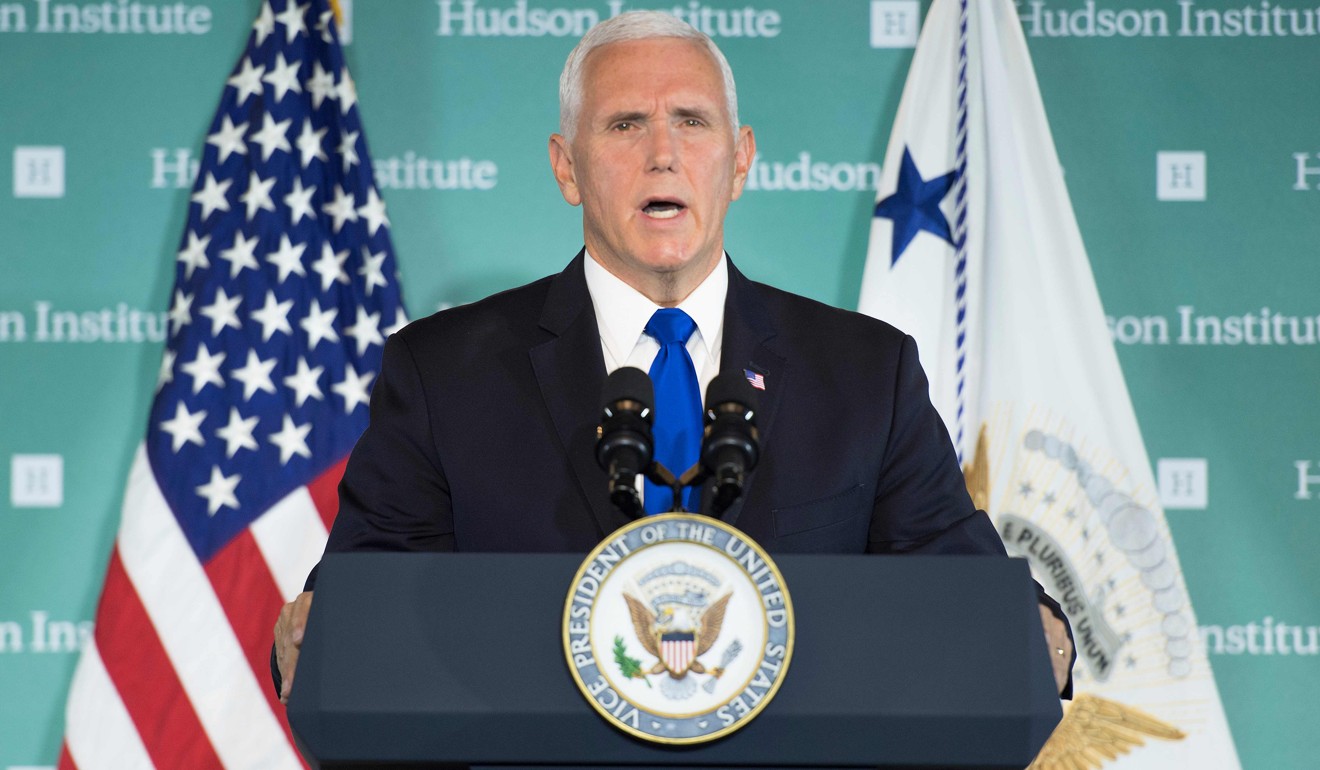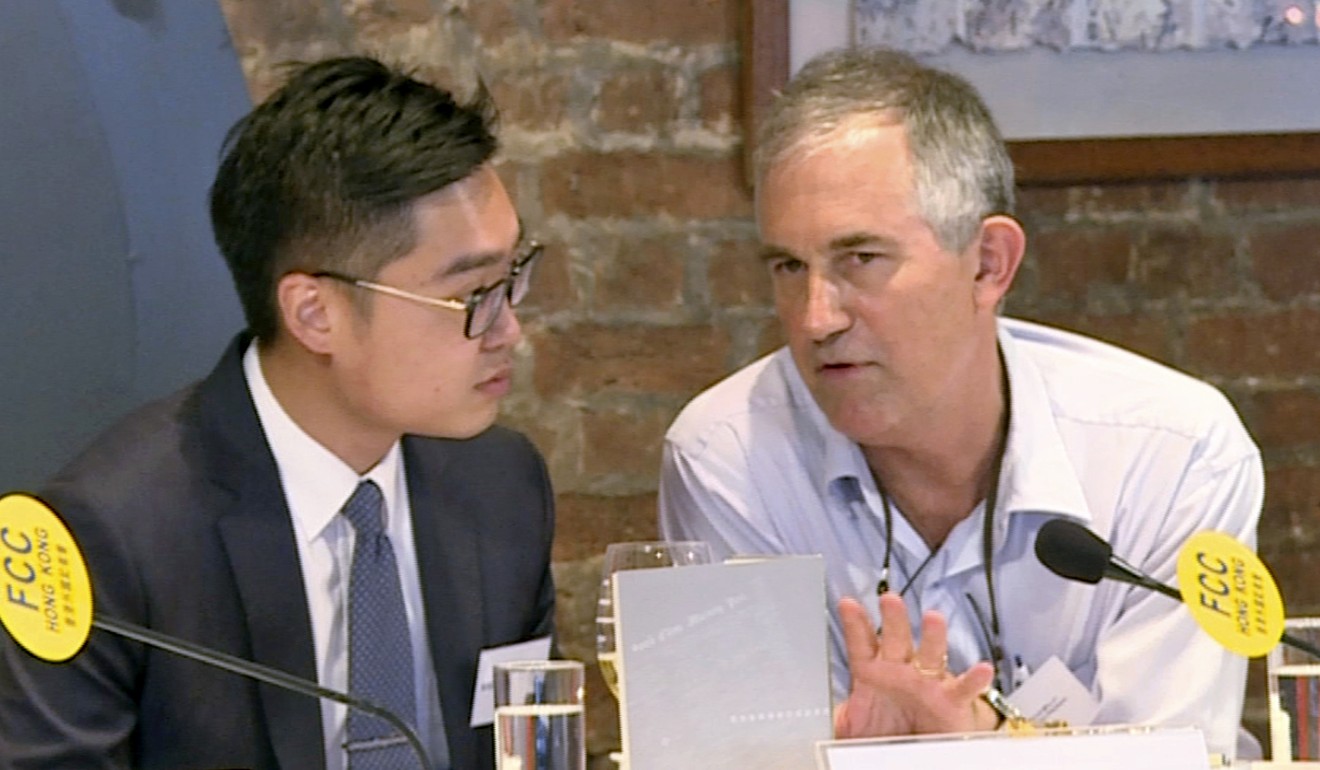
Is the US-China conflict over more than just trade? If so, Hong Kong needs to prepare
Amid the controversy over a journalist’s visa lurks a concern over how investors see the city’s business environment when bilateral relations are seemingly soured
Is the United States waging only a trade war against China, or more than that? How should Hong Kong prepare for collateral damage?
When US President Donald Trump in July started what Beijing described as “the biggest trade war in economic history”, my colleagues and I were reminded by some American friends, with the best intentions, that a more accurate description of the confrontation would be “trade friction”.
That could have been wishful thinking for many, including our friends. As journalists, we received completely different views from others such as certain local business heavyweights, who saw it as a war, and not just simply over trade.
As one tycoon who grew up and was educated in the US put it on a private occasion, any problem that could be resolved by money was not a real problem. If this was all about tariffs, he suggested, China would be willing to make concessions in the end. But it was not the case this time, as it was all about technology, he concluded.
Now the latest developments show that, technology aside, there are other deep-rooted issues at stake.
More than three months have gone by and not only is there no sign at all of any possible breakthrough, the tunnel we find ourselves in seems completely dark with not a flicker of light at the end. Especially after US Vice-President Mike Pence’s recent attack on China.

From tariffs to a litany of non-trade issues, Pence went on the offensive, accusing China of trying to influence the coming American midterm elections, enhancing Communist Party infiltration of the US, encouraging spying by Chinese student groups and so on.
The ramped-up anti-China rhetoric has sparked a bigger question: has this trade war blown up into a new cold war focusing more on ideology? Where are the two countries’ relations heading at this rate?
The whole world is now waiting to see the outcome of US Secretary of State Mike Pompeo’s visit to Beijing later this week.
Against such a backdrop, Hong Kong has, for the first time, refused to renew a foreign journalist’s visa.
The news broke on Friday that Victor Mallet, Hong Kong-based Asia news editor at the Financial Times, was denied his visa renewal application with no official reason provided.
Mallet, who is the first vice-president of the Foreign Correspondents’ Club (FCC), was at the centre of a storm when he chaired a talk at the club by independence activist Andy Chan Ho-tin, whose party is now banned. The FCC went ahead with the event despite objections from the Foreign Ministry in Beijing and the Hong Kong government.

The visa denial has no doubt set off a political and diplomatic row, with the British Foreign Office demanding an explanation from the Hong Kong authorities who are sticking to the official line that they will not comment on individual cases.
The debate is set to continue over whether this is a matter of press freedom or a red line of sovereignty that should not be crossed. But a less widely voiced concern – which is still just as serious – is how foreign investors see Hong Kong’s business environment when China-US relations are seemingly soured on all fronts.
It will be a difficult balancing act for the city’s trade minister, Edward Yau Tang-wah, who recently led a business delegation to Washington to lobby for a US guarantee that Hong Kong would be treated differently from mainland China.
Political elements are unavoidably intertwined with trade when the two major world powers are in a wider war than over tariffs alone. Hong Kong has to be well prepared, economically and politically.
Deng Xiaoping was too right to predict that new issues would keep emerging under the unprecedented “one country, two systems” formula for running this city.

